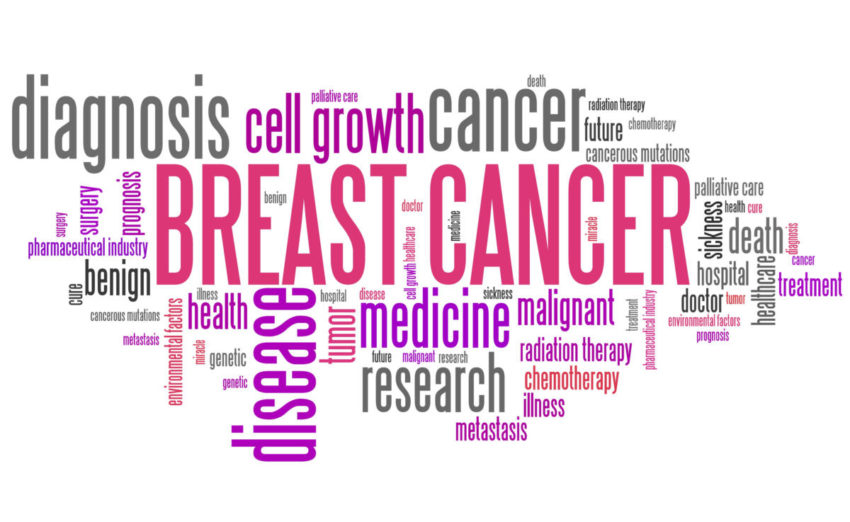UT Health Science Center researchers are launching a new $200,000 study to develop a bilingual, culturally relevant phone app and navigation services to help local breast cancer patients stick with their prescribed therapy.
The one-year study, funded by Susan G. Komen, will recruit 120 breast cancer patients at the Cancer Therapy & Research Center who are receiving endocrine hormonal therapy, the most widely prescribed treatment for about three-fourths of all breast cancer cases. Many patients fail to take their medication as prescribed, and face higher risk of cancer recurrence.
Half the women will get access to the app and a patient navigator, who would offer education, social support, and help with translation, transportation and other services.
The other half will receive usual care.
The study team expects women who use the app and navigation to more closely adhere to endocrine hormonal therapy, as well as increase self-care skills, than the other group.
“We believe this intervention will not only improve breast cancer survival rates and quality of life among local women, but also will provide a system that can be replicated for broad use among patients using oral anticancer agents in other areas, too” said study leader Amelie G. Ramirez, Dr.P.H., chair ad interim of the Department of Epidemiology and Biostatistics and director of the Institute for Health Promotion Research at the Health Science Center.
About 75 percent of the 300,000 new breast cancer cases a year are “hormone receptor-positive.” Adjuvant endocrine hormonal therapy is highly effective and appropriate for nearly all women with these types of tumors. Successful therapy completion is proven to boost survival rates.
However, about 33 percent of women who are prescribed endocrine hormonal therapy do not take their medication as prescribed.
“These women have a bigger risk of cancer recurrence and death—and that’s why our new app is designed to help them stick with their therapy plan,” Dr. Ramirez said.
The research team, including Dr. Ramirez and Patricia Chalela, Dr.P.H., assistant professor of epidemiology and biostatistics at the Health Science Center, is currently scheduling small group discussions among local breast cancer survivors to help guide content development for the new app and navigator services.
The app is expected to be fully bilingual, culturally relevant and interactive.
It will be programmed with assistance from study investigator David Akopian, Ph.D., professor of electrical and computer engineering at UT San Antonio.
“We’re excited to engage local survivors, patients, and programmers in creating something that can be widely applied across many regions to improve cancer survival rates,” Dr. Ramirez said.
The Institute for Health Promotion Research (IHPR) at The University of Texas Health Science Center at San Antonio investigates the causes and solutions to the unequal impact of cancer and chronic disease among certain populations, including Latinos, in South Texas and the nation. The IHPR, founded in 2006, uses evidence-guided research, training and community outreach to improve the health of those at a disadvantage due to race/ethnicity or social determinants. Visit the IHPR at http://ihpr.uthscsa.edu. Please visit our blog or follow us @SaludToday on social media.
The University of Texas Health Science Center at San Antonio, with missions of teaching, research and healing, is one of the country’s leading health sciences universities. Its schools of medicine, nursing, dentistry, health professions and graduate biomedical sciences have more than 33,000 alumni who are advancing their fields throughout the world. With four campuses in San Antonio and Laredo, the university has a FY 16 revenue operating budget of $801.8 million and is the primary driver of its community’s $30.6 billion biomedical and health care industry. For more information on the many ways “We make lives better®,” visit www.uthscsa.edu.


